How do you talk about your game meat and the benefits of hunting on social media? Is wild game organic?
It’s time to stop using the words organic and hunting in the same sentence.
Using the term organic when referring to wildlife hurts more than it helps. It should not be a term used by hunters to describe the benefits of hunting for food over store-bought animal protein. If it is, it is only truthful on a small scale.
You see the term everywhere. You think it is better for you. You believe you are putting something in your body that is better than store-bought.
But there are definitely some differences.
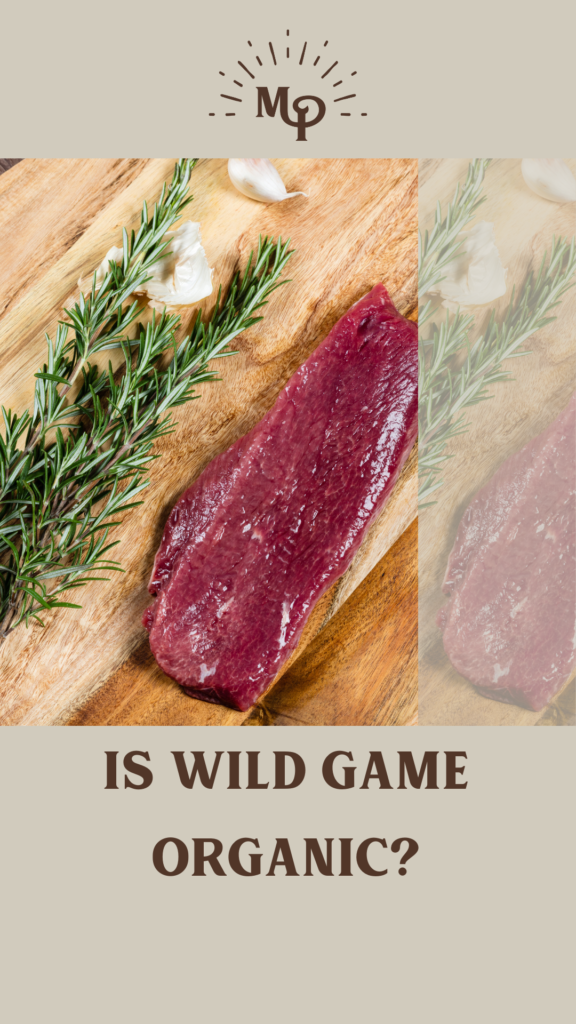
All plant and animal proteins are organic no matter how it is raised or produced. The true definition of organic in terms of science is related to whether or not it is made up of carbon-based compounds derived from living organisms. Science is neat, right?
However, I don’t know anyone on any social media platform using the term organic in reference to the scientific definition. If they were, there would be no need to differentiate it from store-bought animal protein and no need for discussion with your friends or followers about it.
I’ll get back to organic in a minute.
Read More: Easy Tips to Prevent Overcooking Wild Game
Use of antibiotics
There are other arguments for eating game over farmed/ranched protein such as it is free of antibiotics. Well, there are no antibiotics in any meat that you buy from any store…ever. Don’t believe the marketing campaigns. There are protocols in place to prevent the use of animal protein that has been treated with antibiotics in the food supply for humans or pets.
Read More: Is My Wild Game Safe to Eat?
Use of hormones
Estrogenic hormones occur naturally in all animals, including wildlife, and if any hormones were used on farmed animals, the difference is so minute you’ll never consume enough in more than a lifetime to make any difference. Where there may be potential issues with hormones in the environment is the levels of manure and human waste. But, this is a discussion for another day. Source: Use of Hormones in Animal Production. W. Velle. Veterinary College of Norway.
Calling wild game organic
So why does it hurt to talk about hunting as providing the best organic meat around?
The answer is simple. Unless you’re in some remote location where animals have zero access to humanly cultivated plants, your meat is not organic by the terms set forth by USDA, domestic and international certification associations, or any marketing campaigns.
Most of the time, your use of the term is false.
Wildlife eat crops and they don’t stay in organic certified fields.
In order to be certified organic by USDA and other associations, the game needs to be raised free of synthetic anything for at least three consecutive years without infractions to be considered “organic” by certification or marketing standards. This means zero synthetically produced feed.
That corn feeder? That food plot? That bait? The neighbor’s cornfield? The high fence ranch? Not organic.
Want to learn how to hunt? Check out e-book!
There is enough stigma around hunting that we don’t need to add to it. It’s time to stop using the term.
We may not be able to get people to stop believing the marketing farce in their everyday lives but we can stop spreading the myth when referring to the type of protein we consume.
How do you talk about wild meat in a way that isn’t false?
Talk about how one comes by filling their freezer through ethically and legally taken animals for consumption.
Talk instead about the health benefits that wildlife protein is lower in grams of fat per serving and has less saturated fat than other sources of red meat such as beef. It also has fewer calories than chicken per serving.
Venison does have more protein per serving than beef, but 1 or 2 grams is hardly worth talking about.
After this, wildlife nutrient and health differences are minor. For example, ground beef that is 85% lean has less cholesterol than venison so be careful where your health benefits conversation reaches. Vitamins and amino differences between wildlife protein and farmed protein are also minor.
Be mindful of your sources for research. They can lead you to believe that wildlife is extremely more healthy than farmed animal protein. They will also tell you it is cheaper. If you’ve ever hunted, you know that your wildlife harvest wasn’t a cheap endeavor and likely not less expensive to produce than beef.
Your trip to the grocery store will cost minimal fuel, vehicle maintenance and a few pennies from your pocket.
Your game meat will cost you your rifle or bow, cartridges or arrows and broadheads, hunting license, camouflage, blind or stand if you use one, maps, packs, boots, fuel for scouting, tent or trailer, food for your hunting trip, airfare or travel costs if you go out of state or country, etc. The only time game meat may be more economical for someone is if you’re receiving the gift of game meat from your friend or purchasing it in the market as you would beef without putting in any of the work.
While many folks in the hunting community will disagree with this article, there is an undeniable truth to what is written. As a group, it is up to us to portray hunting and consumption of animal protein in a positive light and I believe starting with truth is the best option.
Looking for new wild game recipes? Get our downloadable with 10+ recipes today.
Commonly Asked Questions on if Wild Game is Organic:
Is wild game meat still a healthy choice?
Wild game meat can be a healthy option, as it’s often leaner and lower in saturated fats compared to farmed meats. However, its healthiness depends on factors like preparation and cooking methods.
Is wild game the healthiest meat?
While wild game meat is generally leaner and lower in saturated fats, it may not necessarily be the “healthiest” meat for everyone. Variety in your diet is key to overall health.
Is wild deer meat organic?
Wild deer meat can be considered organic since deer in their natural habitat typically eat a diet free from synthetic pesticides or hormones.
Is game meat organic?
Game meat, like wild deer, can be organic if the animals are not exposed to synthetic chemicals, but this depends on their environment and diet.
Does deer meat have pesticides?
Wild deer are less likely to have pesticides in their meat compared to farmed animals, but it’s essential to consider factors like their foraging grounds and any local pollution.
How healthy is wild deer meat?
Wild deer meat is often considered healthy due to its leanness and higher protein content. However, its overall healthiness depends on factors such as cooking methods and the animal’s diet.
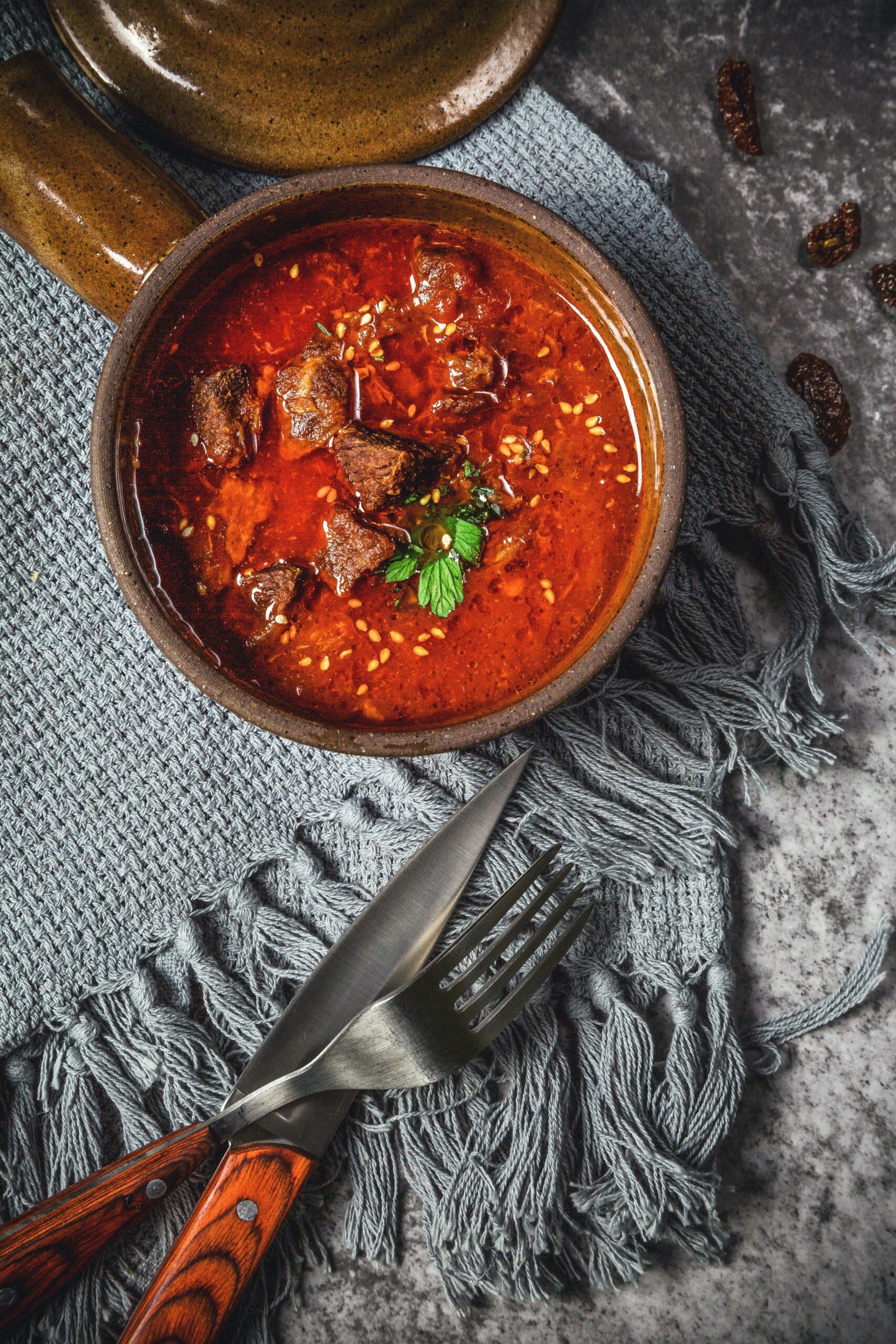
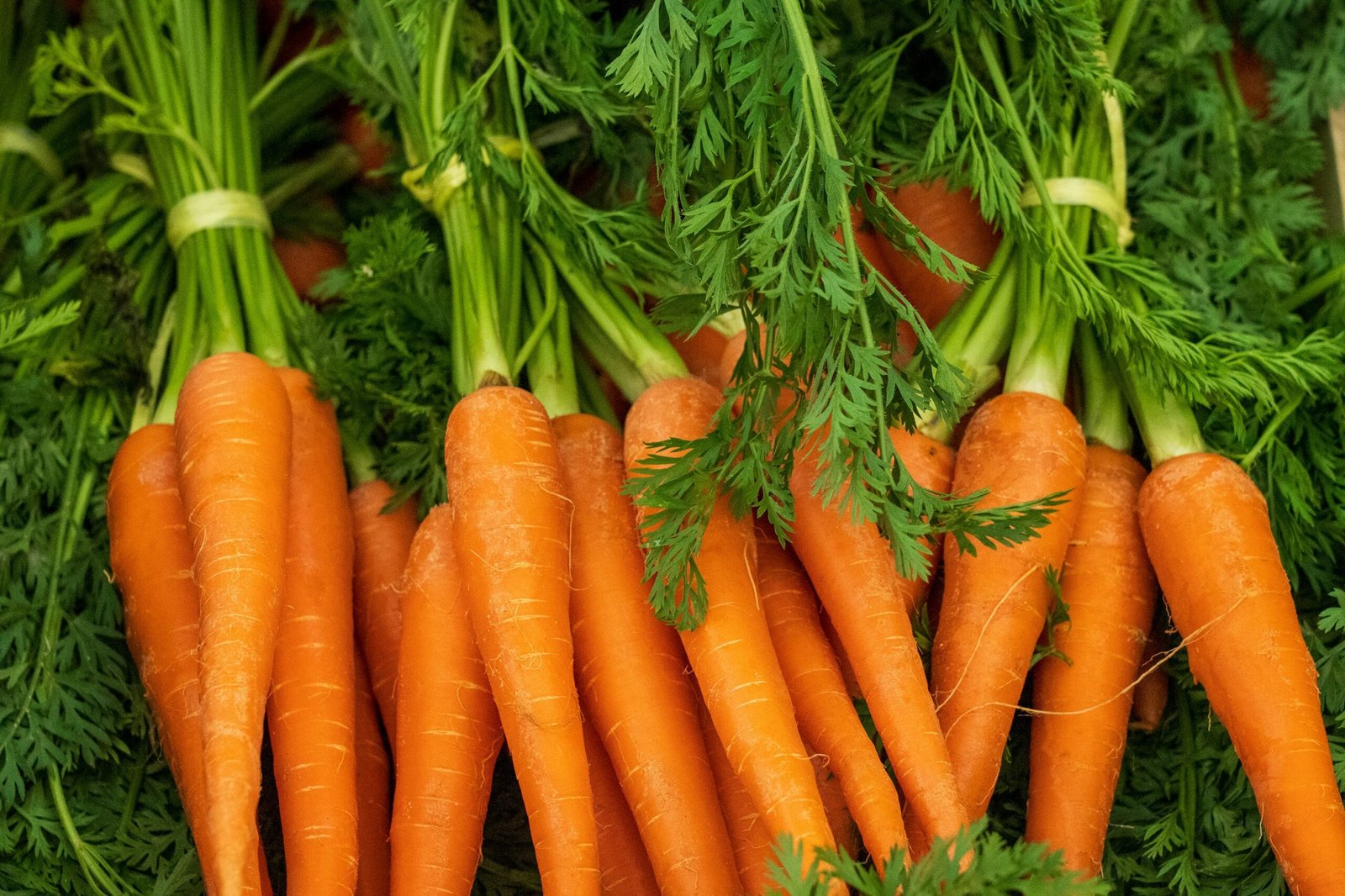

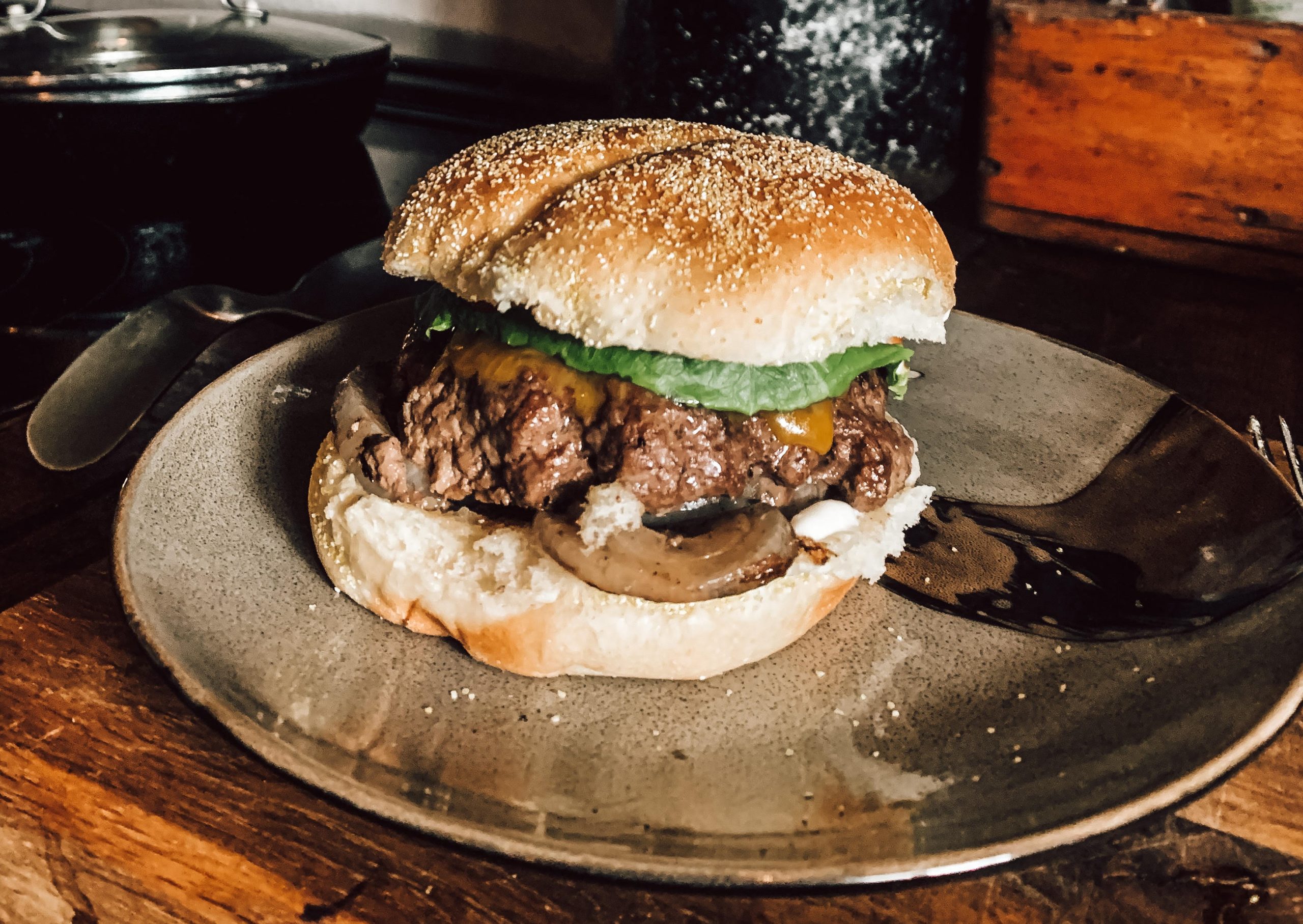
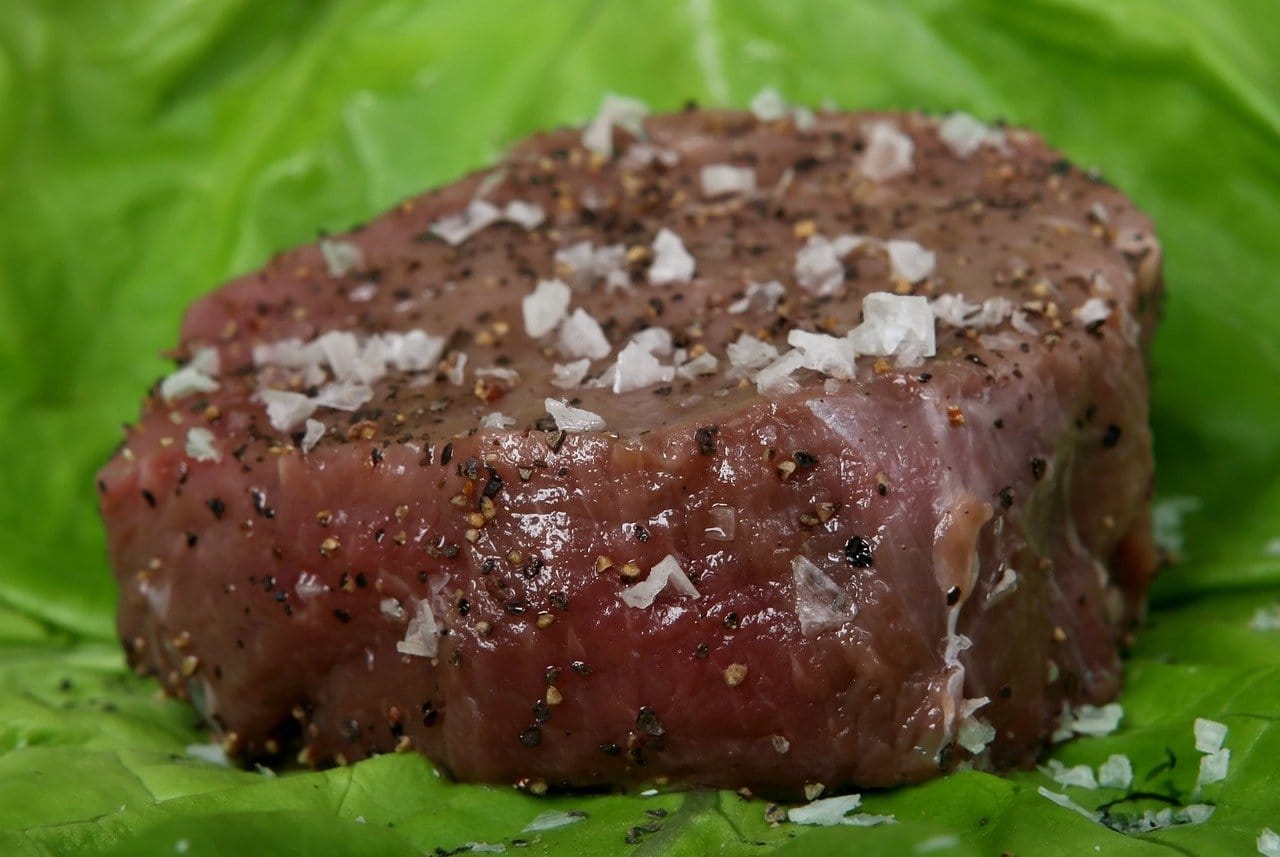
One thought on “Is Wild Game Organic? The Answer You May Not Agree With”